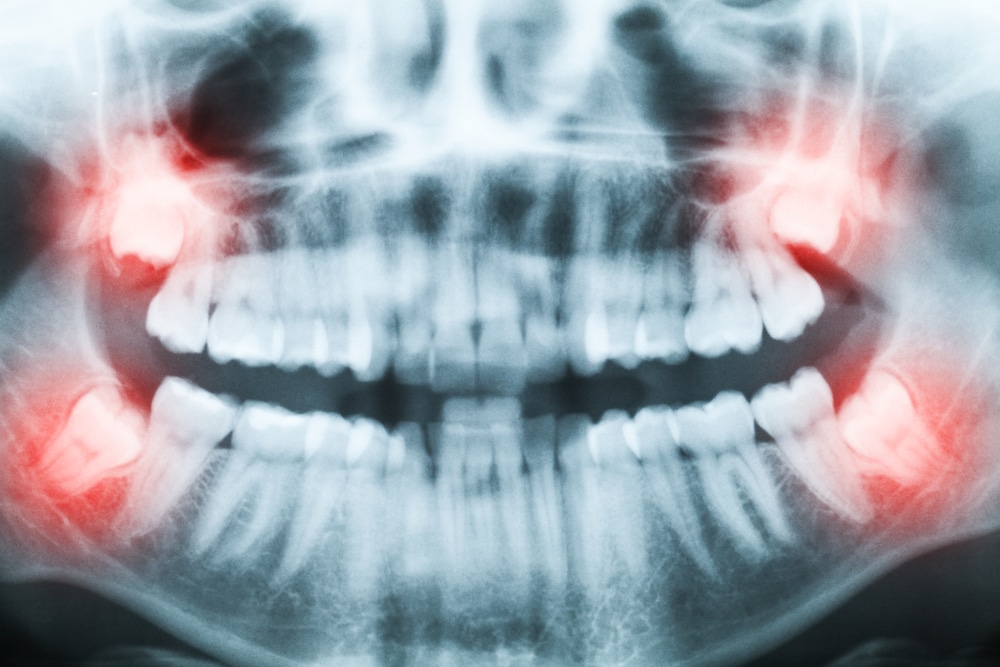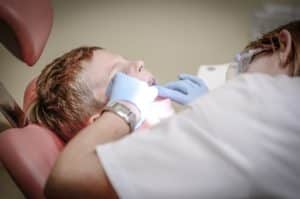7 Tips to Find the Best Dentist for Your Oral Health Needs
June 19, 2025

January 4, 2023
Having your wisdom teeth removed is a common procedure in the dental world. Each patient reacts differently to wisdom teeth extractions and anesthesia which may cause some anxiety. Mountain View Dental wants to help patients know what each dental procedure will entail and provide peace of mind. When you need a wisdom tooth extraction here are all the things you need to know before going in.

If you are thinking about getting your wisdom teeth removed you have often heard about terrible experiences people have had. Reasons for having wisdom teeth removed often proceed these stories with other pain or uncomfortable aches or sensitivity. Most people don’t have room in their mouth to fit 4 wisdom teeth so when these teeth start to break through your gums, they put pressure on your other teeth. As time goes on, this pressure on your teeth can cause your jaw to shift and cause pain while chewing or talking.
Wisdom teeth also don’t grow straight like the rest of your teeth. Since your wisdom teeth come in after your other teeth, they can rotate and shift to an unnatural position and cause problems to the nerves and bones of your other teeth. When your wisdom teeth grow in at an angle or become trapped in your gums or jaw, they are called impacted. This makes the wisdom teeth procedure more intense and can cause major issues in your mouth when not removed.
Because your wisdom teeth are the farthest teeth in the back of your mouth, reaching them without a toothbrush or dental floss can be difficult. This may lead to cavities, gum disease, or other infections that will lead to wisdom teeth extractions, even if your wisdom teeth fit comfortably in your mouth.
When your wisdom teeth become impacted, the process of removing your wisdom teeth becomes a little bit more complicated. Impacted teeth often require an oral surgeon and anesthesia.
Impacted teeth usually require a dentist or oral surgeon to cut your gums in order to remove the tooth. This will also cause you to have stitches and a longer healing process. Even if your wisdom teeth are not impacted, you will need time to recover and rest after the tooth extraction.
Local: The use of local anesthetics usually starts with the dentist numbing your mouth with a shot or novocaine, lidocaine, or mepivacaine. They may also give you nitrous oxide or laughing gas to help reduce the anxiety you may experience during the procedure. This means you are awake during wisdom teeth extraction but may feel hazy. You will feel alert soon after the extraction is complete.

IV Sedation: Using sedation will require you to go to a surgeon over your regular dentist for wisdom teeth extractions. The IV will be given through a vein (most likely in your arm) and will lead to you being asleep or extremely drowsy during the surgery.
General: General anesthesia is given either through an IV or by breathing in a gas. You will be asleep the whole time during your extraction and may even take over an hour to wake up after the procedure is over and anesthesia is no longer given to you.
Dealing with pain and concerns after wisdom teeth extractions is common. Because you have empty holes in your mouth, eating and drinking can be difficult. It is best for patients to take time off school, work, exercise routines, and strenuous hobbies for a while. If you are having the extraction done under anesthesia, you will need a loved one or friend to provide transportation home.
It is also important to protect your mouth from getting infected after the surgery. A dry socket is extremely common for wisdom teeth patients and can be painful. Limiting drinking through a straw or breathing with your mouth open will help prevent dry sockets.
Along with dry sockets, some patients can also experience other infections or side effects after wisdom teeth extraction. Drinking through a straw could loosen blood clots that help your mouth to heal from wisdom teeth extraction.

Smoking after a wisdom teeth extraction will slow the healing process and can cause other infections and cancers in your mouth. Avoid smoking or chewing tobacco until after your surgery sites have healed.
Your dentist will also recommend looking out for infections from food bacteria, or nerve damage. Common signs of infections or nerve damage are fever, numbness, trouble swallowing or breathing, blood or pus coming out of your nose, or bleeding in your mouth that will not stop with applying pressure. If you experience any of these symptoms call your dentist or doctor immediately.
Mountain View Dental offers general dentistry, cosmetic dentistry, and orthodontics. Our dentists can help improve your smile in just a few sessions. Let us help you make a great first impression with a healthy smile.
2797 U.S. 89 #201
Pleasant View, UT 84414
| Monday | 8 AM - 5 PM |
|---|---|
| Tuesday | 8 AM - 7 PM |
| Wednesday | 8 AM - 7 PM |
| Thursday | 8 AM - 7 PM |
| Friday | 8 AM - 3 PM |
| Saturday | 8 AM - 12 PM |
| Sunday | Closed |
Proudly accepting new patients from: Pleasant View, North Ogden, Harrisville, Farr West, Marriott-Slaterville, Ogden, Plain City, South Willard, Willard and Perry!
© 2025 | Mountain View Dental | All Rights Reserved | Accessibility | Anti-Discrimination | Healthcare Disclaimer | HIPAA Privacy Policy | Privacy Policy | Terms | XML Sitemap | Sitemap | Site by PDM
